
Selecting the right genre is one of the most important decisions an author can make. A genre guides the narrative style, shapes readers' expectations, and can even impact the book’s reach and marketability. With so many genres to choose from, it’s crucial to understand each one and find the best fit for your story. Here’s a guide to help you explore popular genres and decide where your book belongs.
Fantasy novels are known for their magical elements, mythical creatures, and imaginative worlds. Often set in realms that defy the ordinary, these stories let readers escape into worlds filled with wonder. If your story involves magic, alternate realms, or extraordinary characters with powers, fantasy might be your genre.
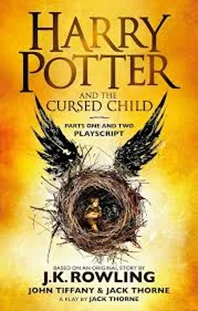
2. Science Fiction: Exploring the Boundaries of Technology and the Future
Science fiction (sci-fi) delves into futuristic technology, outer space, time travel, and alternate universes. This genre often explores "what if" scenarios, blending scientific concepts with speculative storytelling. If your story involves advanced technology, extraterrestrial beings, or futuristic settings, sci-fi may be the right genre for you.
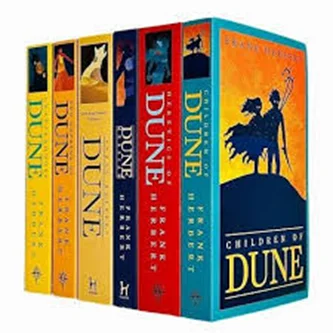
Mystery novels revolve around solving puzzles, typically involving crime or suspenseful investigations. These stories engage readers by inviting them to solve clues alongside the characters. If your story involves a detective, a mystery to be unraveled, or suspenseful twists, then the mystery genre could be a perfect fit.
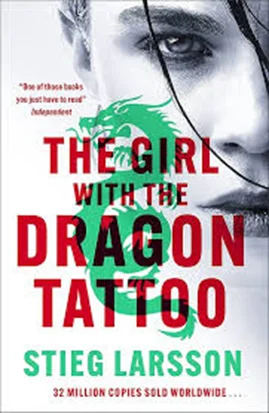
Thrillers are characterized by intense action, high stakes, and a fast pace that keeps readers on the edge of their seats. Unlike mysteries, thrillers focus less on solving a puzzle and more on the immediate danger and tension. If your story involves a protagonist racing against time, with life-or-death stakes, thriller could be your genre.

Romance novels focus on relationships, emotions, and the journey of love between characters. In this genre, the romance must be central to the story, with a resolution that leaves readers emotionally fulfilled. If your story centers on love, relationships, and emotional growth, romance is a strong genre choice.
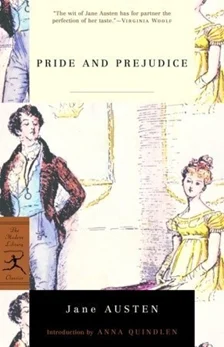
Historical fiction transports readers to a specific period in history, weaving fictional characters and plots into real historical settings and events. If your story includes historical details, accurate timelines, and events from the past, this genre may be the best choice.

Young Adult (YA) is not so much a genre as a category, targeting young readers between the ages of 12 and 18. YA novels can include any genre but feature teen protagonists navigating challenges relevant to adolescence, like identity, friendship, and first love. If your story’s protagonist is a teen with relatable challenges, the YA category could enhance its reach.

Non-fiction books cover real events, people, and information. They can be memoirs, biographies, self-help guides, or informational books. If your goal is to inform, educate, or share real experiences, non-fiction is the right path for your story.
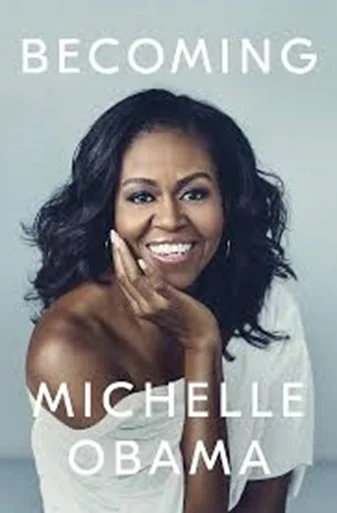
Horror novels are crafted to unsettle, scare, or disturb readers, often involving supernatural elements, psychological tension, or sinister themes. If your story aims to provoke fear, tension, or suspense, horror could be your genre.

The genre you choose will shape how readers experience your book and what they expect from it. To identify the best fit, consider:
Selecting the right genre helps establish your book’s identity, setting the stage for storytelling that resonates with readers. By understanding the key features of each genre, you can position your story effectively, helping it find the right audience and make the impact it deserves.
Happy writing – may you find the perfect genre to bring your story to life!
Blog Comments